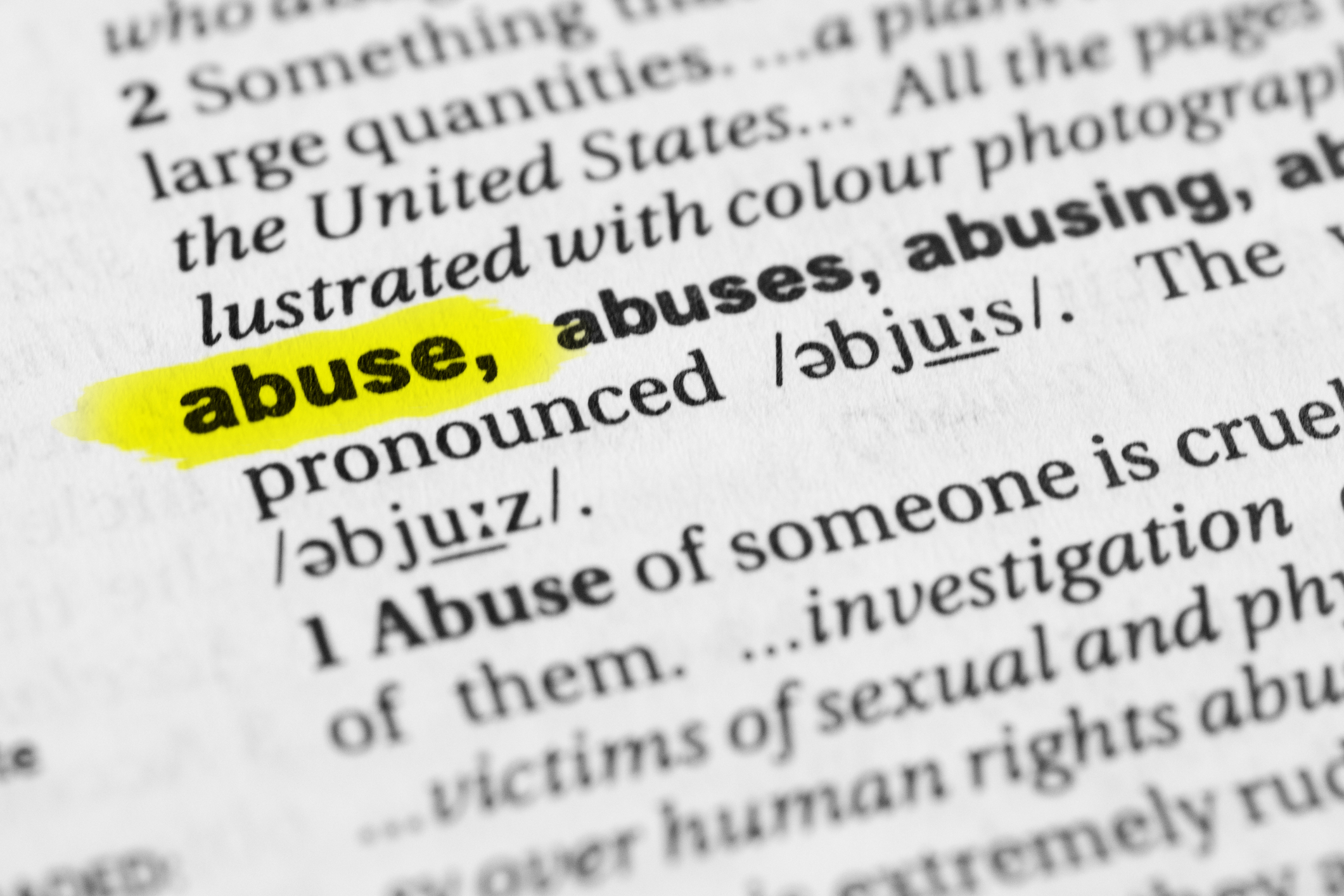Abuse Recovery, Healing from Hidden Abuse, Quality of Life, Relationships
1. What is a pathological liar? A pathological liar is someone who has made lying a regular habit. They can lie about both small, incidental topics, as well as create elaborate stories. The chronic need to lie about a vast genre of topics is what differentiates white...

Abuse Recovery, Healing from Hidden Abuse, Quality of Life, Relationships
In this season of constantly being told to love ourselves regardless of what others think and to radically embrace our uniqueness, what happens if we don’t authentically like ourselves? Keep reading here

Abuse Recovery, Healing from Hidden Abuse, Quality of Life, Relationships
It is common for victims of abuse to take on the responsibility for the abuse they received. This happens because the abuser deflects ownership of their own choices and the survivor begins to believe lies about themselves. To keep reading: visit Why do victims blame...

Abuse Recovery, Healing from Hidden Abuse, Quality of Life, Relationships
Understanding the distinct differences between emotional and psychological abuse is vitally important to survivors and their recovery. The underlying motivations of these two forms of harm are vastly different. Both types of abuse are extremely hurtful to the target...

Abuse Recovery, Healing from Hidden Abuse, Quality of Life
For those of us who live with the daily task of recovering from trauma, there are a few realities that we must authentically acknowledge and even embrace. Post-trauma life can be amazing, but we cannot afford to be in any denial about how our life experiences have...



